Designing Urban Regeneration. An updated glossary of plural public spaces
Designing Urban Regeneration. An updated glossary of plural public spaces
This course introduces the Design Principles and Terminology for Plural Urban Transformations.
Course description
In the last decade, and particularly with the pandemic experience, the lexicon on urban regeneration - even temporary - has become richer and more ‘pop’. The aim of this MOOC is to fix, name and narrate (in a plural dialogue between experts and practitioners) a glossary from a defining point of view and with a more contemporary, up-to-date look at both research and current practices regarding temporary urban regeneration solutions.
The conceptual framework adopted is that of the New European Bauhaus program, which sees the cities of the near future as beautiful, sustainable, and inclusive. It is intended to embrace the investigation of new trends in the ‘occupation’ of public space in the Post-Anthropocene city: a livable city in 15-minute space-time circles; cities at different scales ranging from cosmopolitan metropolises to rural and mountainous provincial capitals; a city for individuals, animals and plants; an urbanity that will have to re-structure its conceptual parameters, even before its spatial perimeters.
For these reasons, the aim of this MOOC is to present a co-produced audio-visual glossary of terms related to temporary urban re-generation practices from a trans-disciplinary perspective: from the now familiar to neologisms looking ahead to 2040. Design, sociology and anthropology, environmental psychology, community making and cultural management: numerous disciplines nowadays contribute to regenerating communities through ‘its’ places.
Intended Learning Outcomes
At the end of this course, you will be able to:
- Understand the key concepts and terminology associated with contemporary urban regeneration.
- Identify key design strategies and approaches used in urban regeneration projects.
ESCO: rural development strategies - Assess the evolution of design principles and their role in shaping urban regeneration initiatives over time.
ESCO: urban sustainability - Confidently use urban regeneration terminology in professional and academic contexts.
Prerequisites
No prerequisite knowledge is required for this course.
Activities
Over and above consulting the content, in the form of videos and other web-based resources, you will have the opportunity to discuss course topics and to share ideas with your peers in the Forum of this MOOC. The forum of this MOOC is freely accessible, and participation is not guided; you can use it to compare yourself with other participants, or to discuss course contents with them.
Assessment
Your final grade for the course will be based on the results of your answers to the assessed quizzes. You have an unlimited number of attempts at each quiz. You will have successfully completed the course if you score a total of 60% (or higher) in all assessed quizzes.
The maximum score possible for each quiz is given at the beginning of the quiz. You can view your score in the quiz on your last attempt or on the 'Grades' page.
Certificate
You can achieve a certificate in the form of an Open Badge for this course, if you obtain, at least, 60% of the total score in the graded quizzes and by filling in the final survey.
Once you have completed the required tasks, you will be able to access ‘Get the Open Badge’ and start issuing the badge. Instructions on how to access the badge will be sent to your e-mail address.
The Badge does not confer any academic credit, grade or degree.
Information about fees and access to materials
You can access the course completely online and absolutely free of charge
Course faculty
CURATORS
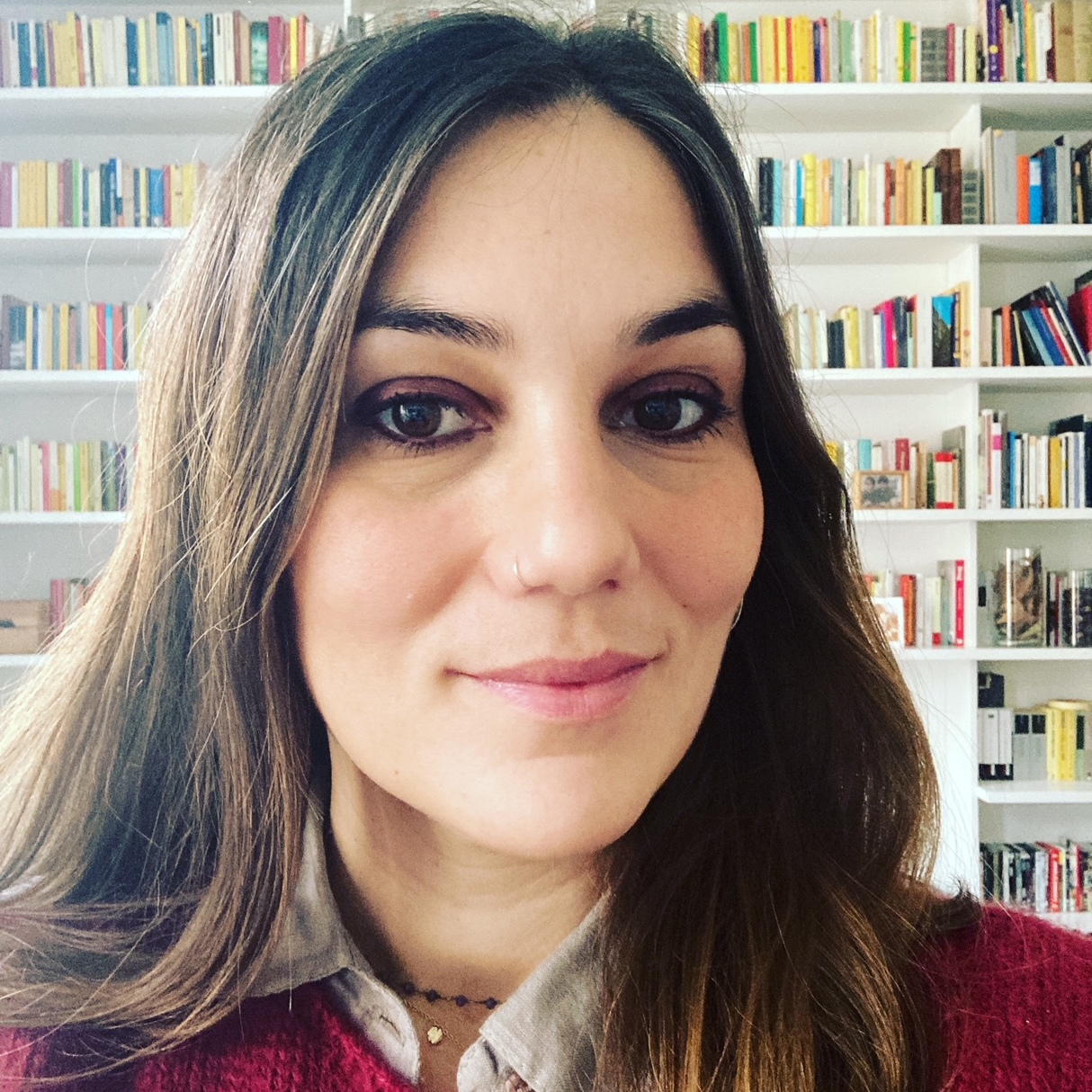
Laura Galluzzo
Curator
Laura Galluzzo, PhD in Design, she is Associate Professor at the Design Department of Politecnico di Milano. She is operational manager of POLIMI DESIS Lab within the international DESIS Network (Design for Social Innovation and Sustainability). Her research focus is on participative projects of (public) Spaces and Services. She has a specific expertise in the co-design of spaces as activators of collaborative actions, community hub, incubators of social practices. She has been a researcher in various national and international research programmes on this topic. She works on the relationship between Spaces and Services (S+S) design with a focus on temporary interventions, domestic and urban transformations. She is the author of The Legacies of Interiors and Con-temporary Living, and many others scientific articles .
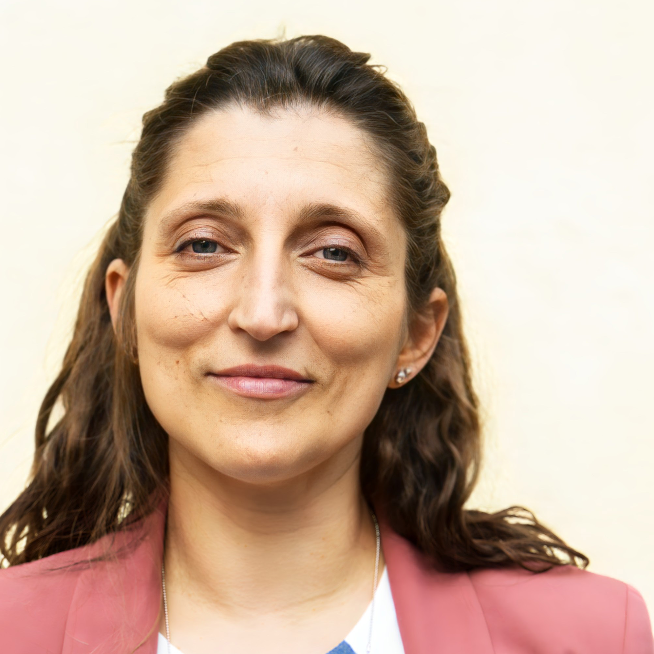
Elena Giunta
Curator
PhD in Design and Multimedia Communication, she works as a Designer and Project Manager. She is an Adjunct Professor at the School of Design of the Politecnico di Milano and the Free University of Bolzano-Bozen; a former member of GIDE (Group of International Design Education), from 2007 to 2013 she served as a Visiting Professor at various Design Schools in Europe, South America, and Australia. Since 2016, she has been a co-founder and Design Director of Studio Shift, dealing with strategic design, service design, design-driven innovation, creative techniques, and co-design practices.
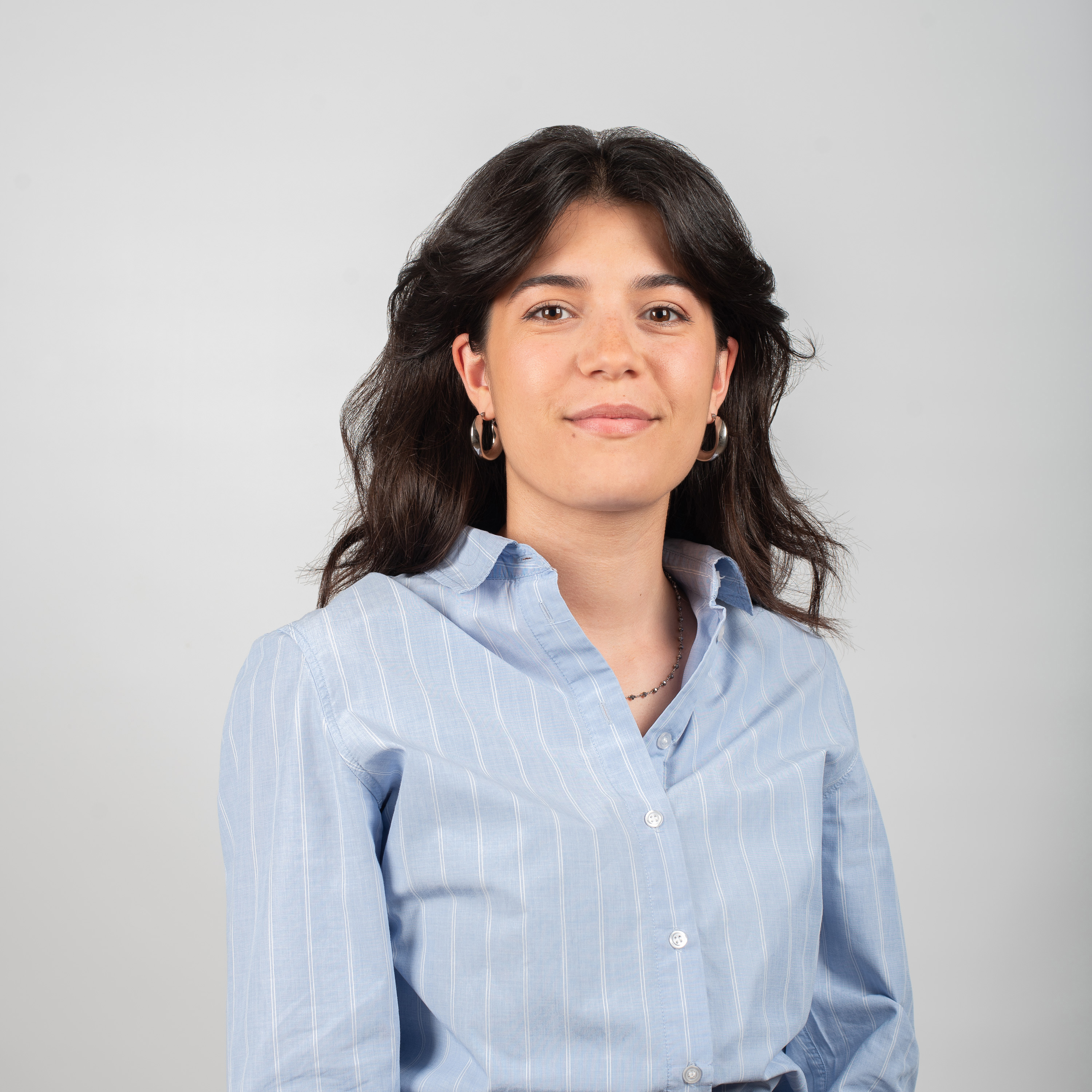
Valentina Facoetti
Curator
PhD Candidate in Design at Politecnico di Milano. Her PhD research investigates how Design for Social Innovation (DSI) can foster creative experimentation of forms tourism enhancing positive social impact on place-based communities. She is also research collaborator at POLIMI DESIS Lab, which deals with design for social innovation and sustainability, with a particular focus on participative projects of spaces and services. She is Teaching Assistant at the School of Design of Politecnico di Milano for Interior and Spatial Design and PSSD Master’s degree courses.
TEACHERS
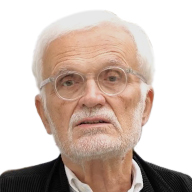
Ezio Manzini
Teacher
Ezio Manzini President of DESIS Network and Honorary Professor at the Politecnico di Milano. He has been guest professor in several design schools world-wide, as (in the past decade): Elisava- Design School and Engineering (Barcelona), Tongji University (Shanghai), Jiangnan University (Wuxi), University of the Arts (London), CPUT (Cape town), Parsons—The new School for Design (NYC).

Annalinda De Rosa
Teacher
Annalinda De Rosa, Assistant Professor at the Department of Design - Politecnico di Milano. She is also an adjunct professor at the Università Cattolica del Sacro Cuore (Milan) since 2019. She belongs to the Polimi DESIS Lab research team (Design for Social Innovation and Sustainability). Her research focuses on design for social innovation theories and practices in urban and rural contexts, specifically developing design-driven models for incubating innovative processes to improve social cohesion through participatory design. She has collaborated and co-coordinated projects such as OnFoods (2023-26, NextGenerationEU), Human Cities projects (2020-24 and 2014-18, Creative Europe), DoCS4Design, Doctoral Courses System 4 Design (2020-23, Erasmus+), campUS, Incubation and settings for social practices (2014-16) and GIDE – Group for International Design Education (2014/16).
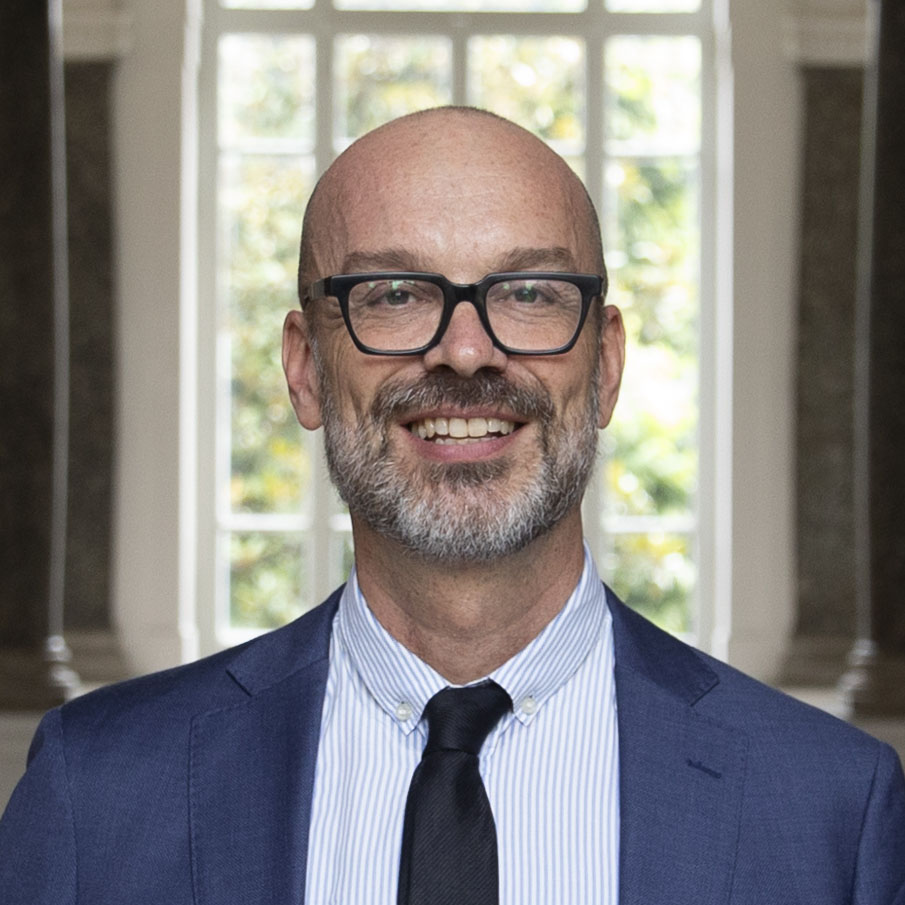
Davide Fassi
Teacher
Davide Fassi, Full professor in design at the Politecnico di Milano. He published “Temporary Urban Solutions” (2012) and “In the neighborhood” (2017). His research is about the relationship between space and service with a community centred approach. Awarded with XXV Compasso d’Oro in 2018 for the project “campUS – incubation and settings for social practices”, Ambrogino d’Oro (2022) and Seoul Design Award (2023) for Off Campus Nolo, a neighborhood living lab of the Politecnico di Milano. Coordinator of the Polimi Desis Lab a research lab on design for social innovation and sustainability and member of the DESIS network international coordination committee. Rector’s delegate for cultural activities and public engagement.
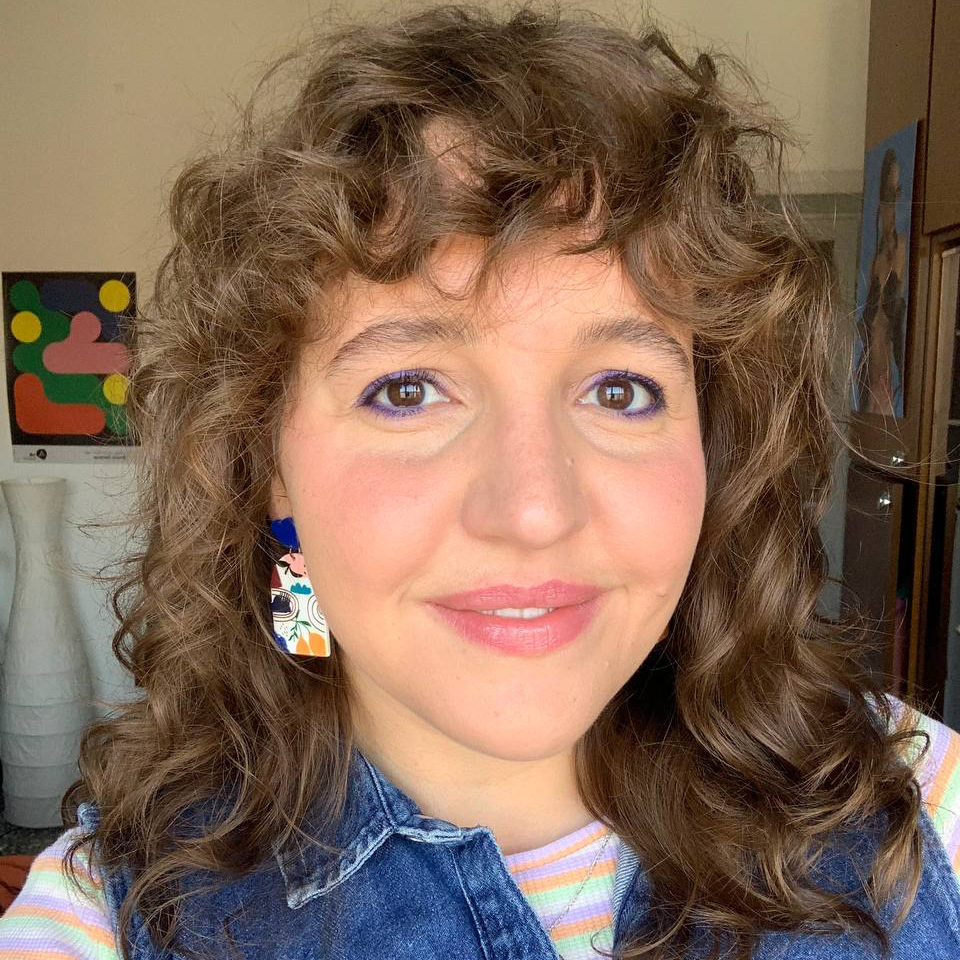
Valentina Ferreri
Teacher
Valentina Ferreri, PhD student in Design at Politecnico di Milano. She is part of POLIMI DESIS Lab, a research group part of an international network that deals with Design for Social Innovation and Sustainability. Her doctoral research concerns the queer city, experimenting how a queer, intersectional, feminist and plural gaze could be adopted in the processes and ways in which participatory design acts regarding urban practices that affect public space. She is tutoring, at the School of Design of the Politecnico di Milano, the master's degree course in Product-Service-System Design on the theme "Transforming Cities" and the elective course "Temporary and Inclusive Urban Solutions" on the theme "The Queer City". In the past, he has been tutor in the POLI.DESIGN master “Design for Food” and she collaborated in “SOSpesa” project with Off Campus Nolo, a neighborhood-based service for food recovery and redistribution against food insecurity.
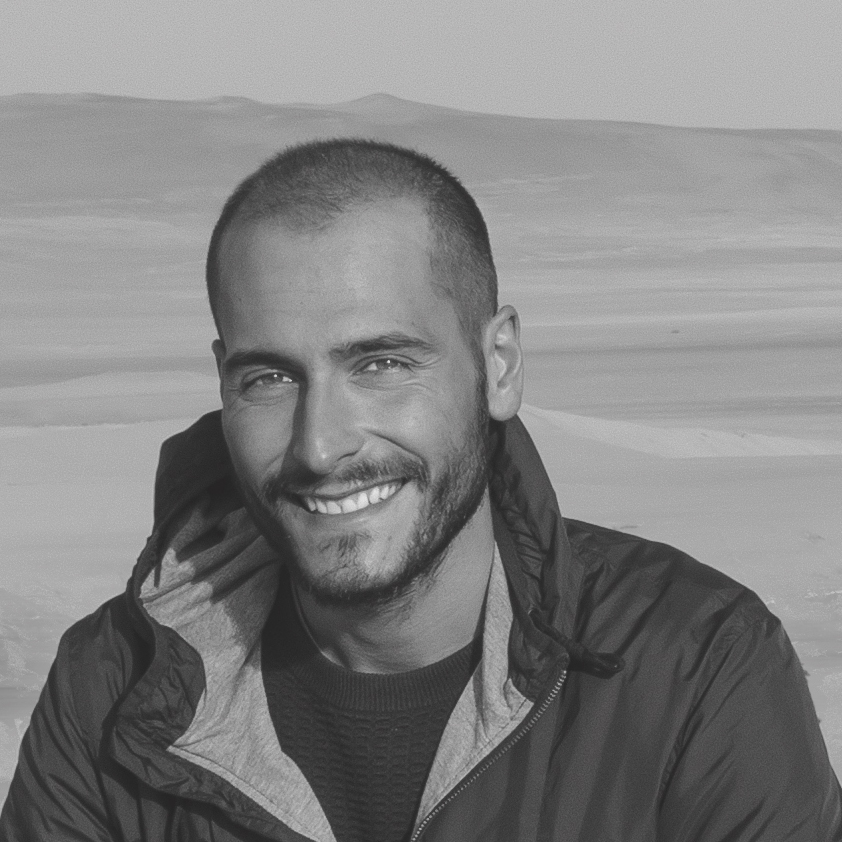
Francesco Vergani
Teacher
Francesco Vergani, PhD, Post-Doc Fellow at the Department of Design (Politecnico di Milano). He is member of Polimi DESIS Lab where he collaborates in research activities focusing on the relationship between situated communities (both human and more-than-human) and public spaces such as “Vocabolario di Quartiere” (2019–ongoing), a situated vocabulary in the Nolo neighborhood (Milan), developed within the living lab “Off Campus Nolo”. He is currently Adjunct Professor at the School of Design (Politecnico di Milano) where he teaches the elective course “Designing in a Multispecies World” at the Bachelor's degree programmes.
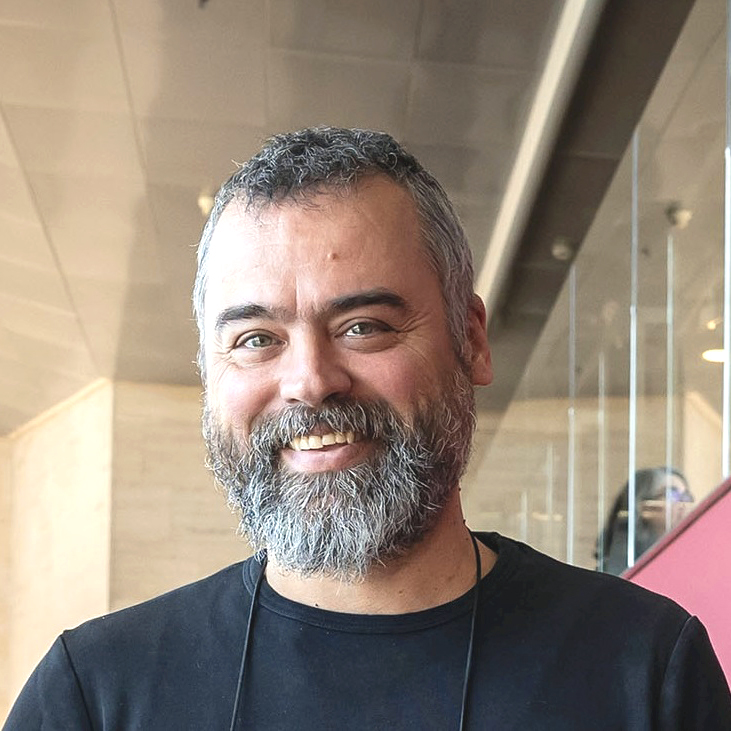
Roger Paez
Teacher
PhD, architect, professor and researcher. Professional experience in the studios of Alison+Peter Smithson and Enric Miralles. Founder of AiB architects. Associate professor, Design for City Making Research Lab leader, and Master of Ephemeral Architecture and Temporary Spaces director at ELISAVA (UVic-UCC); architectural design professor at ETSALS (URL); guest professor at universities worldwide. Author of Operative Mapping (Actar, 2019) and Plug-ins (Actar, 2022). Works at the intersection of design, architecture and the city, focusing on temporality, experimentation and social impact. His main research interests include temporary space design, public space, operative mapping, game-based formats, and the articulation between artistic and architectural practices.
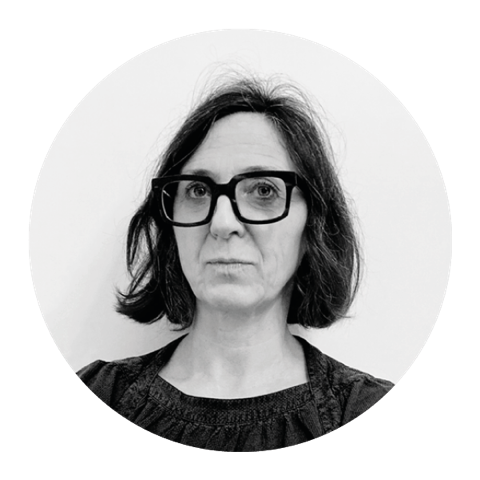
Barbara Parini
Teacher
She earned a degree in Architecture, within the Industrial Design curriculum at Politecnico di Milano. She has been collaborating for many years with the School of Design of Politecnico di Milano for teaching and design research projects. Within Polifactory, she deals with innovation in healthcare, studying and analyzing how bottom-up innovation processes can progressively reconfigure contemporary care scenarios. She is the didactic coordinator of the Master in DESIGN FOR, developed by POLI.design. Since 2013, she has been a voluntary association Massa Marmocchi member, actively participating in the public debate on sustainable mobility issues and child-friendly home-school routes.
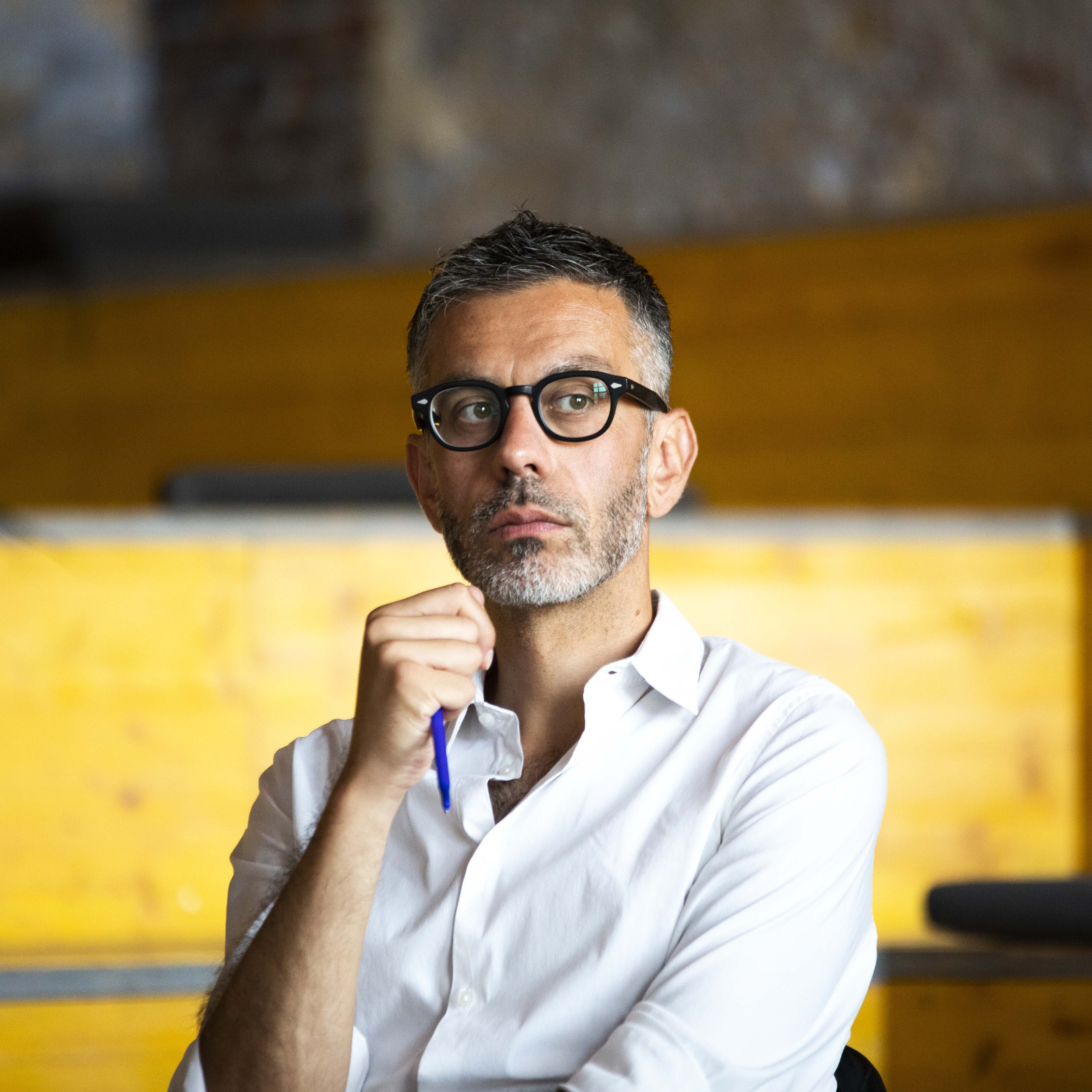
Giovanni Pizzochero
Teacher
Giovanni Pizzochero designs and implements social and cultural impact and innovation solutions for sustainability for profit and non-profit organisations, with a focus on the relationship between business and territory. He has supported some of Italy's leading companies in processes of local development, confrontation and accountability towards stakeholders, strengthening the sustainability profile and relationship and dialogue with communities, with the aim of designing initiatives with high environmental and social value for the territories of reference. He currently works at Avanzi S.p.A. SB and coordinates the activities of Avanzi Discover Srl SB, a business vehicle aimed at the conception and development of territorial regeneration initiatives the activation of disused and/or underused properties. He lectures in academic and private training courses.
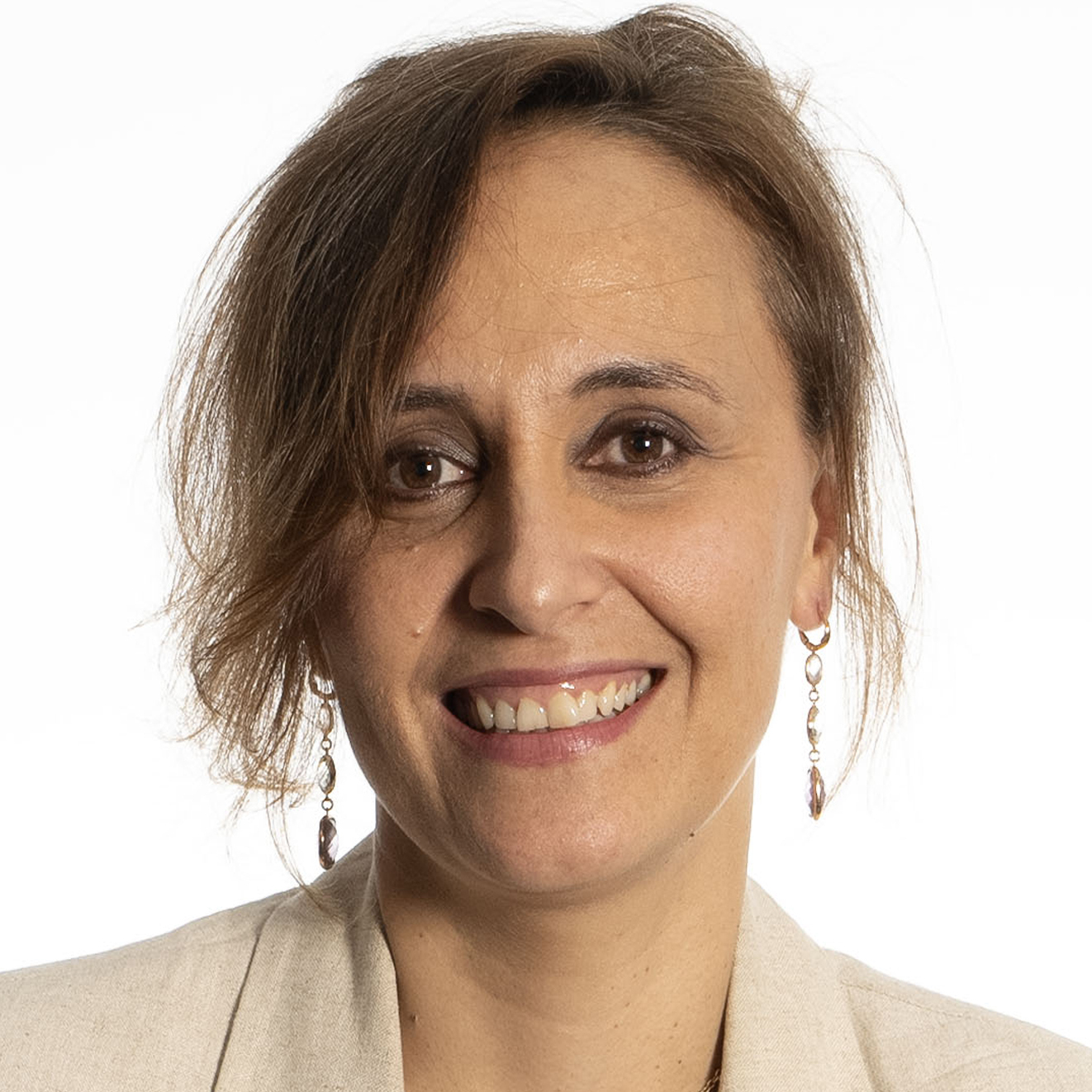
Maddalena Ferretti
Teacher
Architect, international PhD at IUAV, is Associate Professor in Architectural and Urban Design at Università Politecnica delle Marche (Ancona, Italy) and Dean of Study of Building Engineering-Architecture. She was principal investigator of Branding4Resilience (2020–2024) and post-doc researcher at the Leibniz University Hannover (2012–2017). Her scientific and design research, awarded in national and international competitions, focuses on the centrality of architectural design in combination with a transcalar approach, on the regeneration and transformation of sensitive contexts, on recycling the built heritage focusing on sustainability, innovation and creativity. Currently she coordinates research projects and publishes the results at national and international level.
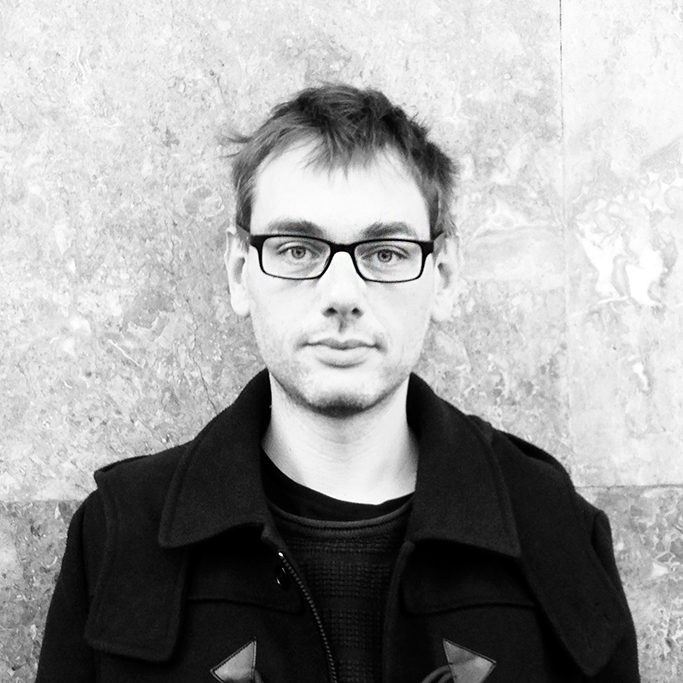
Bertram Niessen
Teacher
Bertram Niessen is President and Scientific Director of cheFare, of which he was one of the founders in 2012. As a researcher, designer, lecturer, author and advisor, he deals with how culture transforms the state of things. The main topics he is interested in are the city, cultural design, cultural policies and economics, collaborative cultural forms, and the relationship between culture and technology. It does so at the crossroads of different disciplines: urban sociology, methodology, cultural studies, communication sciences, electronic art. At the heart of it all is a strong interest in the intersection of culture, technology and society, and the conviction that there is a need for new forms of social and political action. His latest book is Inhabiting the Vortex. How cities have lost their meaning and how to find it again (UTET 2023).

Elena Donaggio
Teacher
Freelancer, architect, PhD in ‘Urban Projects and Policies’. She has participated in both national and international research activities and collaborated in teaching at the Politecnico di Milano, where she is a lecturer at the Faculty of Architecture and Society. She currently collaborates with ‘Avanzi - Sostenibilità per Azioni’ in Milan as Senior Manager. The main research topics she works on are the following: planning, urban regeneration programmes and participatory processes; analysis and evaluation of urban policies; strategic planning; technical and scientific assistance to the definition of territorial development strategies and promotion of social innovation.
She carries out training activities on urban regeneration issues within university master courses, specialisation courses, and refresher courses for public administration personnel.
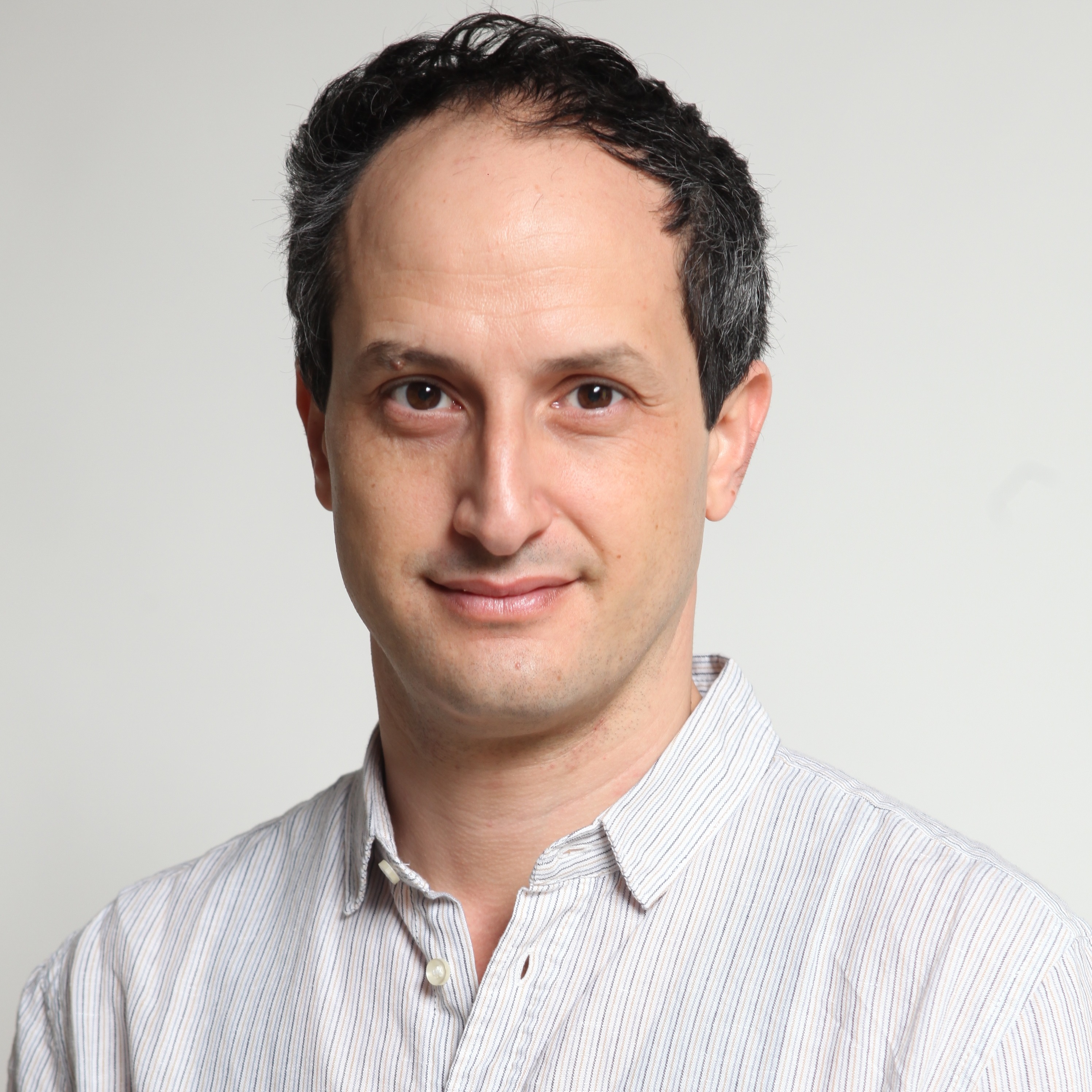
Lorenzo Piccolo for Nina’s Drag Queen
Teacher
Lorenzo Piccolo was born in 1981 in Milan, where he currently lives and works. He trained as an actor at the Scuola d'Arte Drammatica Paolo Grassi. He works with Atir, Dionisi, Effetto Larsen, Compagnia Nut; he trained and collaborated with Luca Ronconi, Fabrizio Arcuri, Maria Consagra, Giorgio Rossi, Cristina Pezzoli, Gabriele Vacis, Roberta Torre. He works as an actor/dancer in the world of opera. He holds theatre workshops for different types of people (adolescents, the elderly, political refugees, drag queens). He is also active both as a playwright (in 2011 he received the Pier Vittorio Tondelli award for the best work under 30) and as a fiction author (Pelledoca Editore, Feltrinelli). He is currently an active member of the group Nina's Drag Queens, where he works both as actor and author, and collaborates with Effetto Larsen and Compagnia Nut.
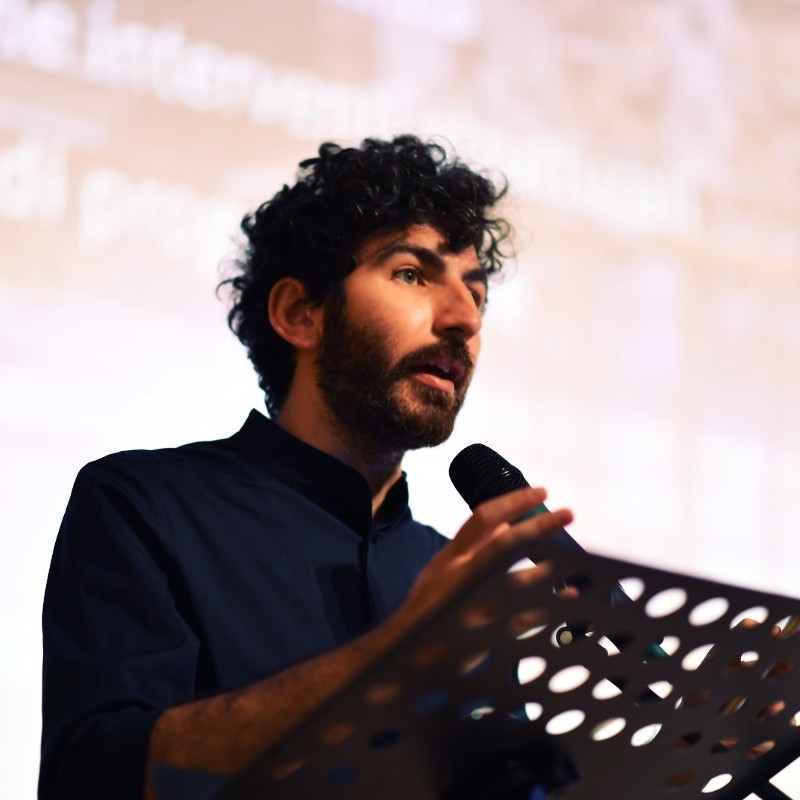
Demetrio Scopelliti
Teacher
Demetrio Scopelliti is an architect who loves cities, with the aim of making them more liveable and people-friendly. Urban design is his tool to bring innovation and change, particularly in streets and public spaces. His decades of experience in urban-scale projects range from integrated planning to ‘masterplanning’, from urban design to ‘placemaking’, through research on the contemporary urban condition and new trends.
Director of the Urban Planning, Territory and Public Space Area of the Agenzia Mobilità Ambiente e Territorio (AMAT), since 2016 he has worked as Advisor at the Urban Planning, Greening and Agriculture Department of the Municipality of Milan, coordinating the development of strategic projects such as the Milan 2030 Territory Government Plan, the Milan 2020 Adaptation Strategy, the Scali Ferroviari Programme Agreement, the International Competition Reinventing Cities promoted by C40 and the Piazze and Strade Aperte programmes, in collaboration with Bloomberg Associates and GDCI-Nacto. He is co-author of the publication Cities Alive, Towards a Walking World, published by Arup, on the topic of walking in the city.
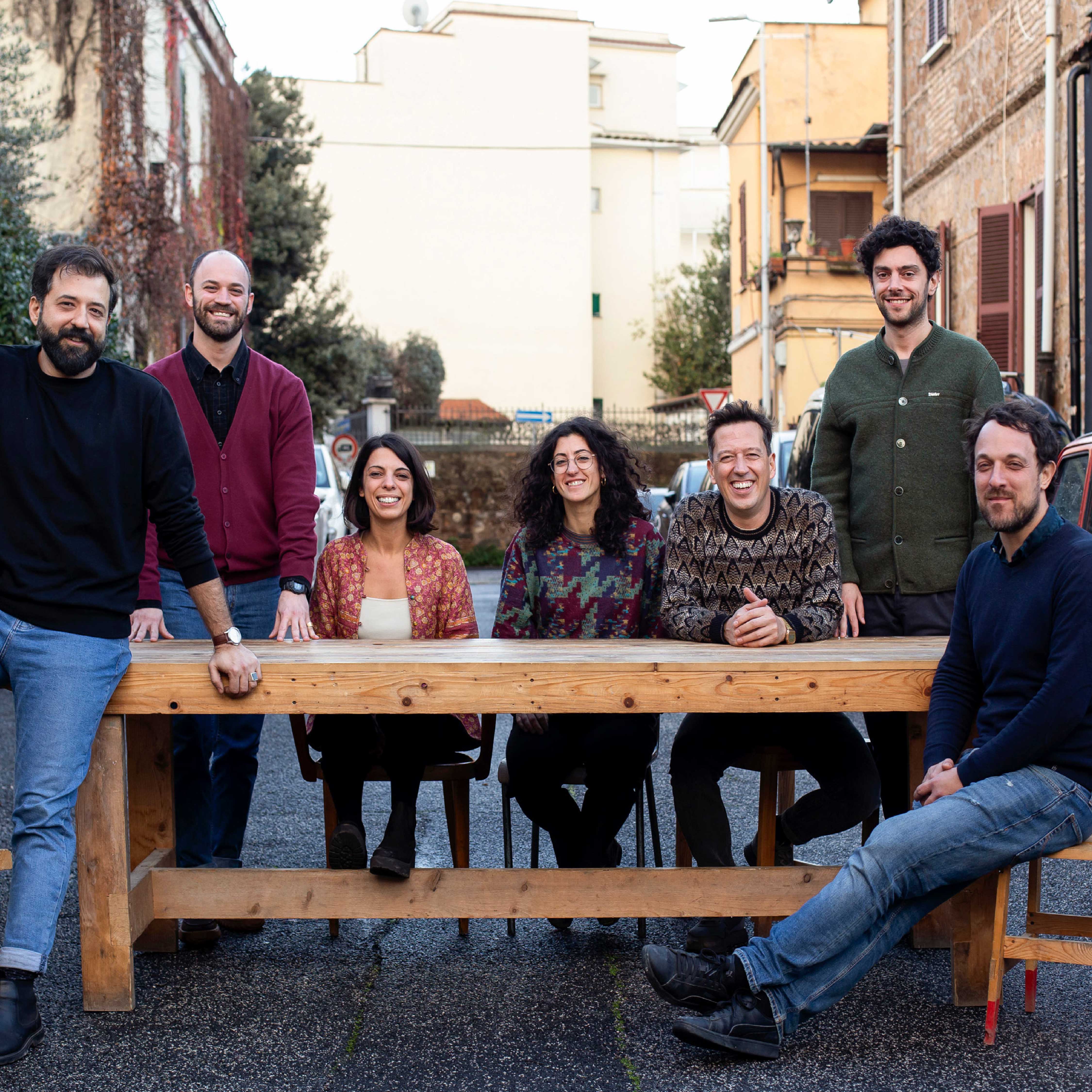
Stefano Ragazzo for Orizzontale
Teacher
Orizzontale is a collective of architects based in Rome, whose work spans architecture, landscape, public art and self-construction. Orizzontale has been promoting relational public space projects since 2010, shaping images of disused or unpublished cities. These projects have been a testing ground for new forms of interaction between inhabitants and the urban commons and at the same time an opportunity to test the limits of the architectural creation process. Orizzontale has built and developed projects in Italy, Spain, Germany, Austria, Greece, Ukraine, Portugal and the Netherlands. Since 2020 Orizzontale founds and curates VUOTO, a transmedia space for reflection and debate on the city and public space. The work of orizzontale has been exhibited in international exhibitions, including the Venice Architecture Biennale, the Vienna Biennale and the Oslo Architecture Triennale.
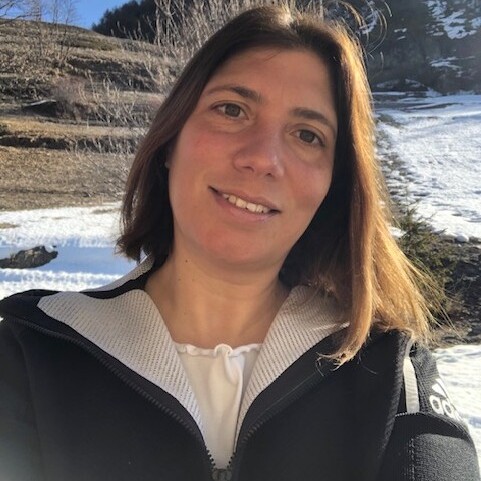
Chiara Vona
Teacher
Graduated in biology with a Master's degree in Sustainable Management of the Environment on a Local Scale, she has been involved in stakeholder engagement, participatory processes and territorial animation for 20 years in environmental projects concerning urban planning and regeneration, management of protected areas, agri-environmental systems and Nature Based Solutions. On behalf of public and private entities, she has conducted numerous education and information projects for behavioural change towards sustainability. Since 2016, she has been a member of the Eliante Cooperative.

Maria Benciolini
Teacher
An environmental anthropologist, she carries out her professional activity in the non-profit sphere, collaborating with various organisations and projects. She is interested in the topic of human dimensions in biodiversity conservation, the relationship between humans and wildlife, with a focus on large carnivores and, more generally, the social and cultural aspects of the interconnection between humans and nature. She is also interested in the perception of climate change and the human-nature relationship in urban contexts. She designs and conducts qualitative and quantitative research on these topics within the framework of various projects, and also carries out training workshops and activities to involve citizens and stakeholders.
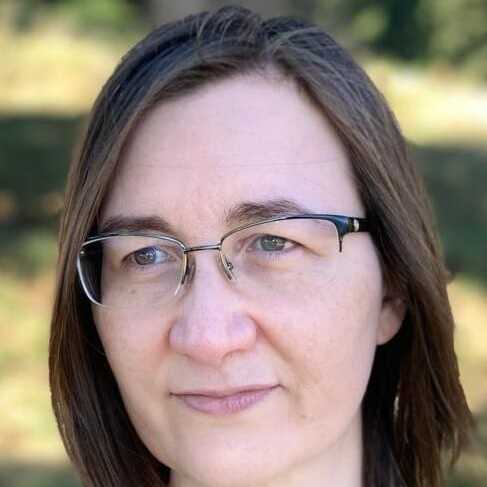
Stefania Sabatinelli
Teacher
Associate Professor of Economic Sociology. She obtained a Ph.D. in European Urban and Local Studies at the University of Milano-Bicocca. She was a post-doctoral research fellow at the Centre d’Études Européennes of Sciences-Po Paris. Her research and publications focus on the analysis of social policies, particularly from a comparative and multi-scalar perspective. She has participated in numerous local, national and European studies on family and care policies, social assistance and activation policies, as well as urban and housing policies. She is co-editor of the journal “Politiche Sociali/Social Policies” (Il Mulino) and coordinates the "Family and Childhood" section of Welforum.it. She is a member of Alleanza per l’Infanzia and part of the board of ESPAnet Italia.
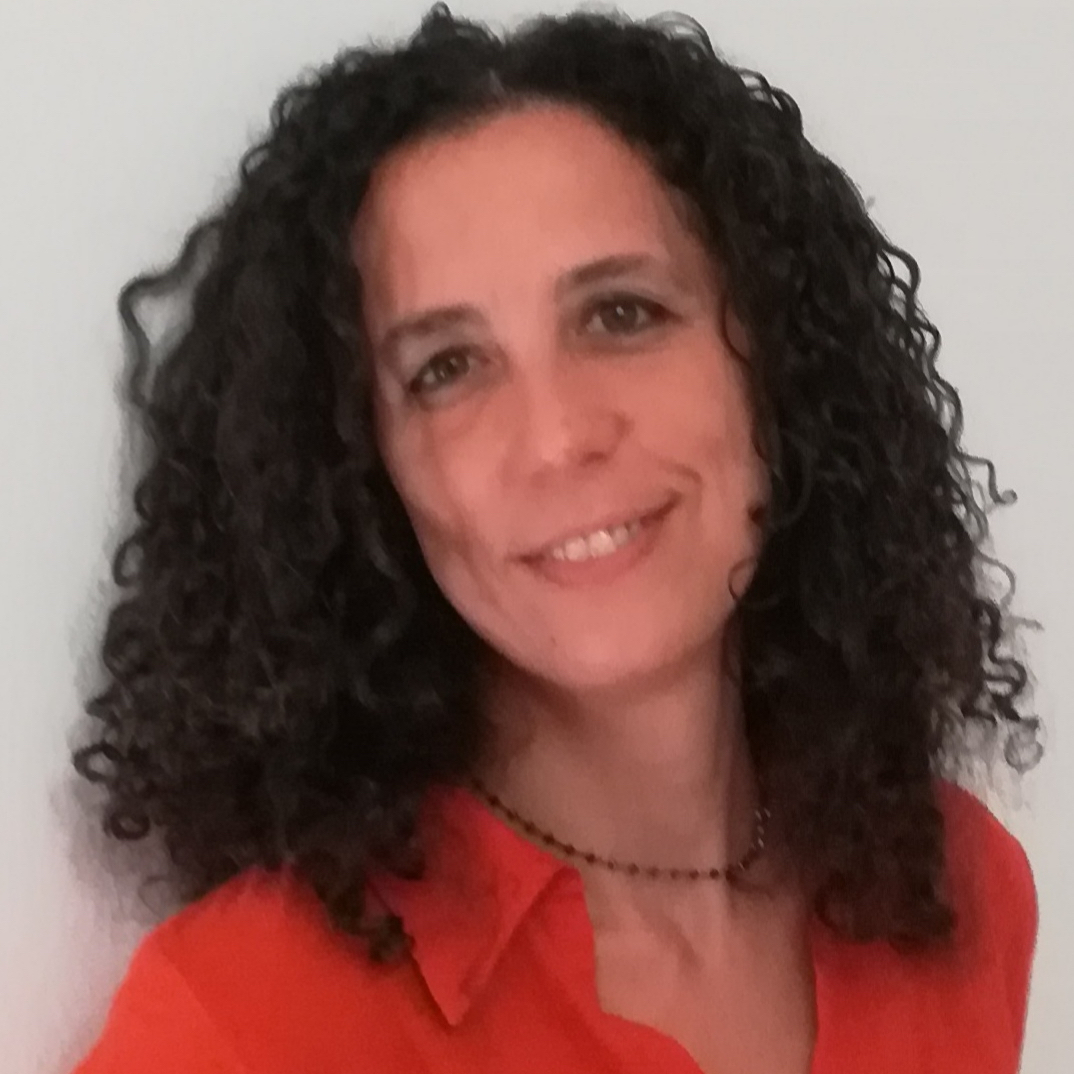
Paola Savoldi
Teacher
Paola Savoldi is a full professor in Urban Planning at the Department of Architecture and Urban Studies, Politecnico di Milano. Her research primarily focuses on two main areas within the fields of urban planning and public policies: material and social infrastructures: the role of planning in targeting emerging urban and social issues, with a focus on education policy and school spaces; housing, with reference to programs targeting the existing housing stock, public estates and the innovation of policy and planning tools.
Contact details
If you have any enquiries about the course or if you need technical assistance please contact pok@polimi.it. For further information, see FAQ page.